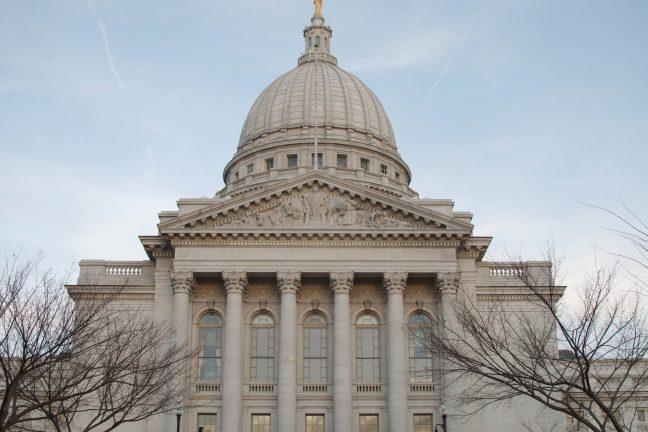The events of April 3 brought a contentious election season to a close in the great state of Wisconsin.
Most eyes were on Rebecca Dallet’s Supreme Court victory, which drew a national audience, including endorsements from prominent federal figures.
But perhaps the most important of last Tuesday’s results was the decision to reject a constitutional amendment that would rid Wisconsin of its treasurer position, which has been a part of the state government since Wisconsin’s days as a territory. Despite the referendum generally being in the back of the public’s consciousness and the lack of polling it received before the election, its result guarantees a more just and representative government for all Wisconsinites.
The quest to rid Wisconsin of its treasurer has been around for a lot longer than the public has been greatly aware of it. Republicans began pushing to reduce the office’s power in the late 1990s, under former Gov. Tommy Thompson. In 1995, the office had a budget of $4.4 million and a staff of 23 — which is a stark difference between its current budget of $227,000 and one staff member as part of the current two-year budget.
After a pattern of shortcomings, it’s time to reevaluate the two-party system
By 2011, the Republican Party had seized complete control of the legislature and could bring their plan to fruition. The Department of Administration took over the EdVest College Savings Plan’s control and cash management functions. The Department of Revenue overtook the treasurer’s unclaimed property division.
The position’s real remaining duty is serving on the Board of Commissioners of Public Land along with the secretary of state and the attorney general, who together are responsible for “the pioneering commitment of our state’s early leaders to a constitutionally protected form of public education financing that originated with millions of acres of land granted by the federal government.”
In layman’s terms, the board is responsible for managing around $1 billion in public assets and 77,000 acres of state land. The resolution stated that once the treasurer was removed, the lieutenant governor fills the void on the board.
Had it passed, the resolution would have made Wisconsin history — and not for the better — because it would have allowed candidates to be elected as a part of a partisan ticket and not based on their own merit. That person would be a deciding member of a body that must maintain independence. Though such a minute change might not mean much to some, it definitely would have been a step in the wrong direction.
Wave of women candidates marks historic shift in political culture
Fortunately, that didn’t happen. Wisconsin voted no to the referendum and not only defended the sanctity of the checks and balances system the American government is known for, but also protected itself from the governor’s office further consolidating its power.
If the recent debacle over special elections says anything, it’s that the Wisconsin governor’s office has gotten a bit too comfortable wielding its power — those holding its office do not believe they have to respect representative democracy nor the laws of the state.
But the voters rejected that notion. Sarah Godlewski, the only current candidate for treasurer, said “To me, this was a resounding ‘no’ because [voters] want checks and balances. They want that fiscal watchdog that can be their independent advocate. What’s next is restoring the power this office has.” Though restoring the power of the treasury will take just as long as disintegrating its power did, voting to keep the office is a step in the right direction. Constituents can be optimistic that Wisconsin’s government is slowly leaning towards justice rather than consolidation of power.
Congratulations Wisconsin. Keep voting to make this state just, democratic and the best it can be.
Abigail Steinberg ([email protected]) is a freshman majoring in political science and intending to major in journalism.














